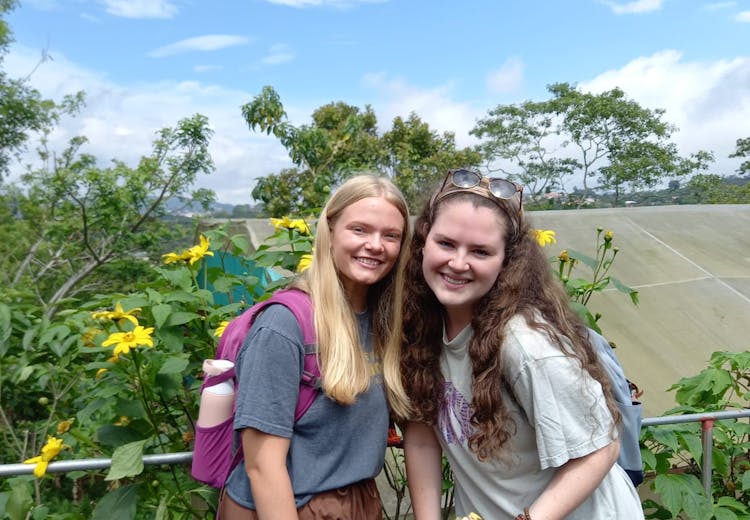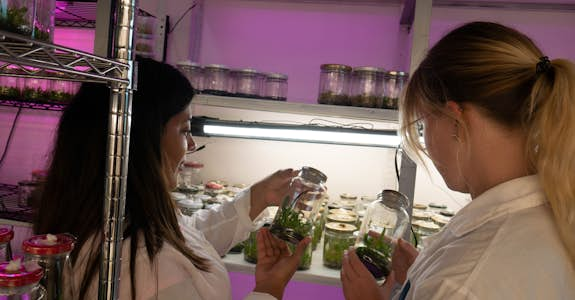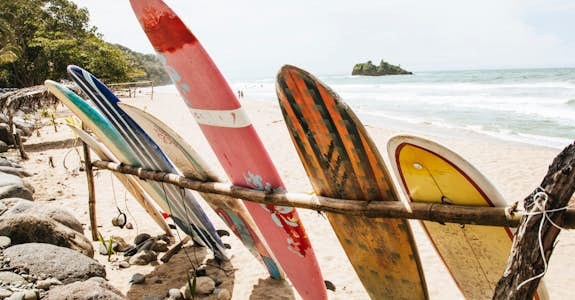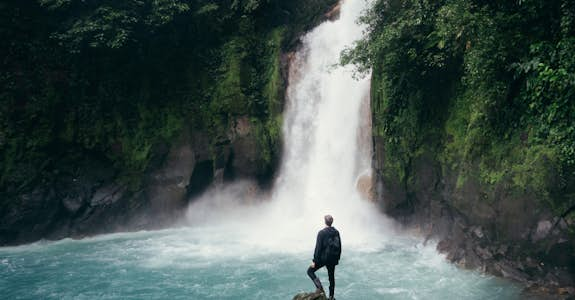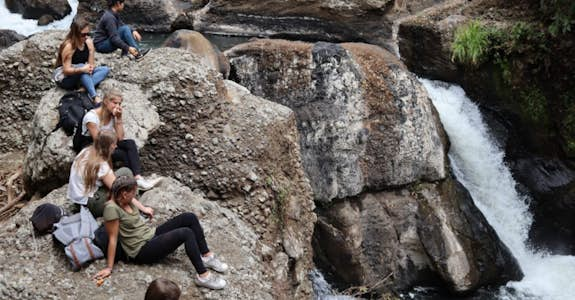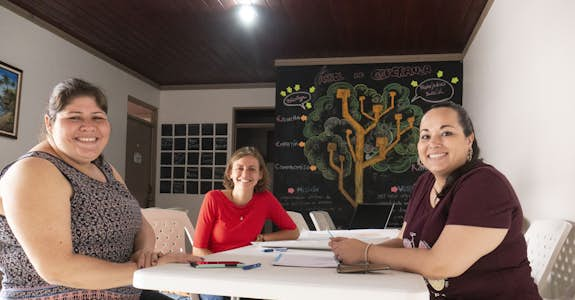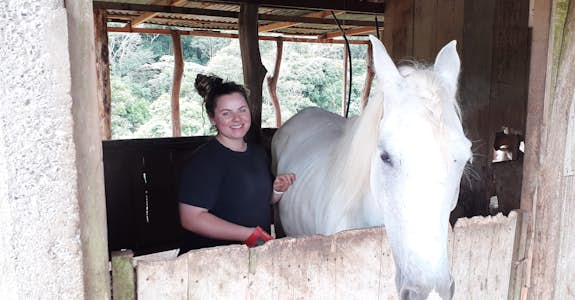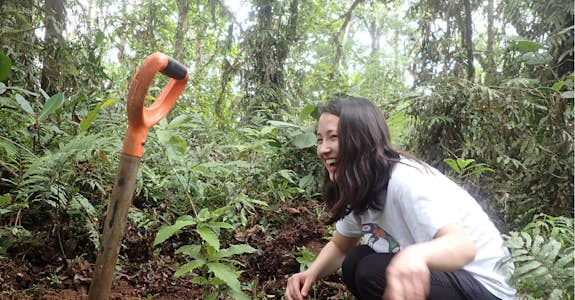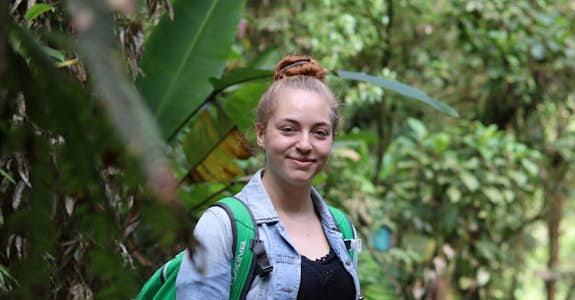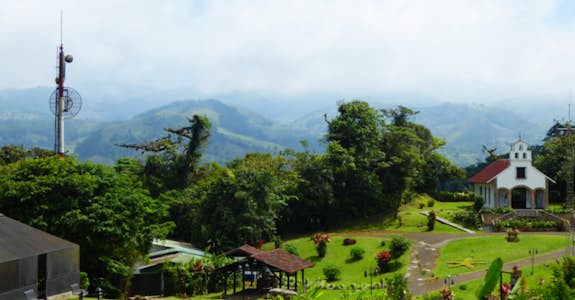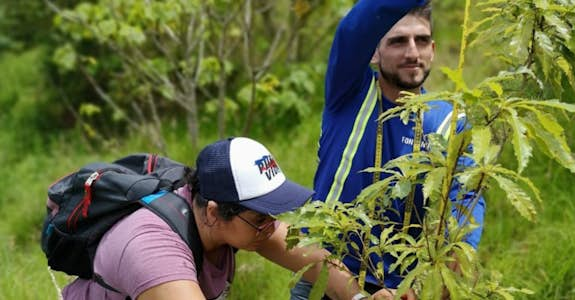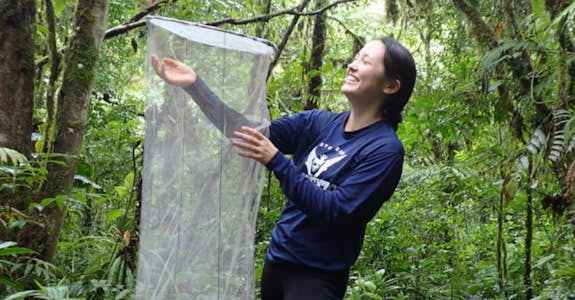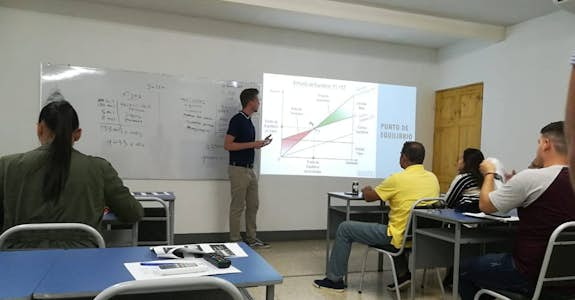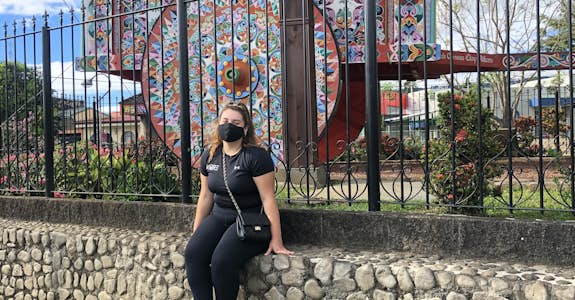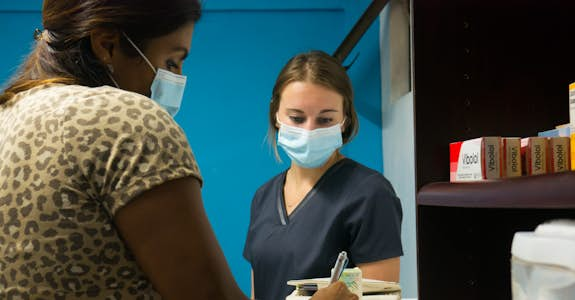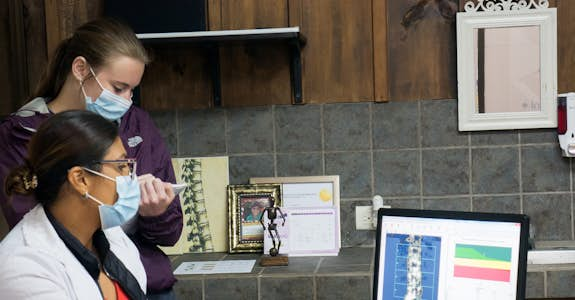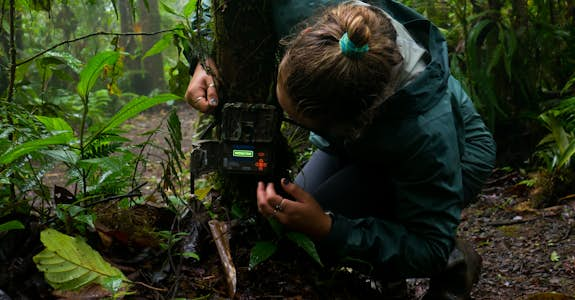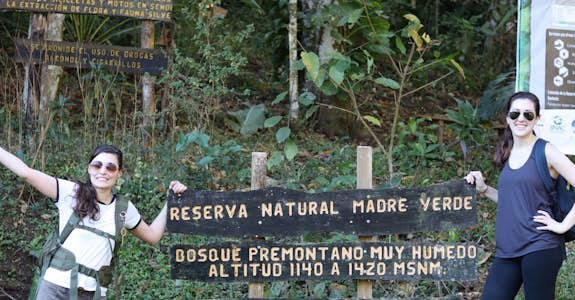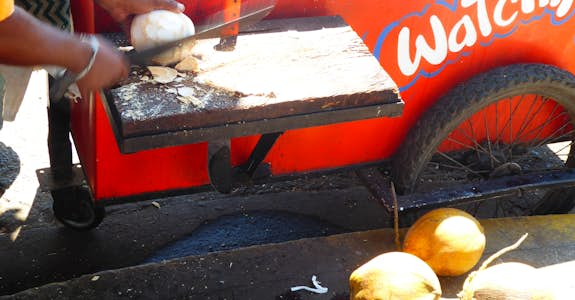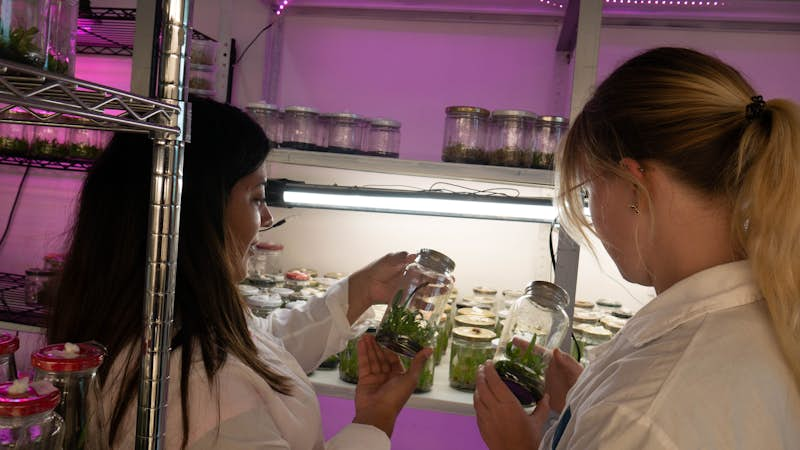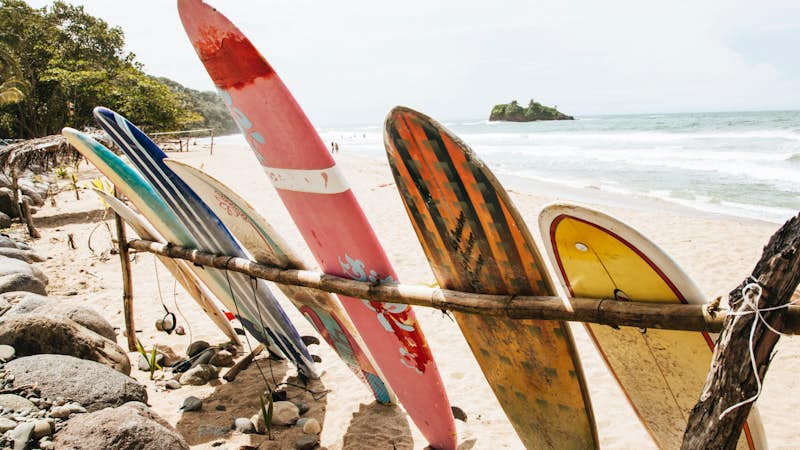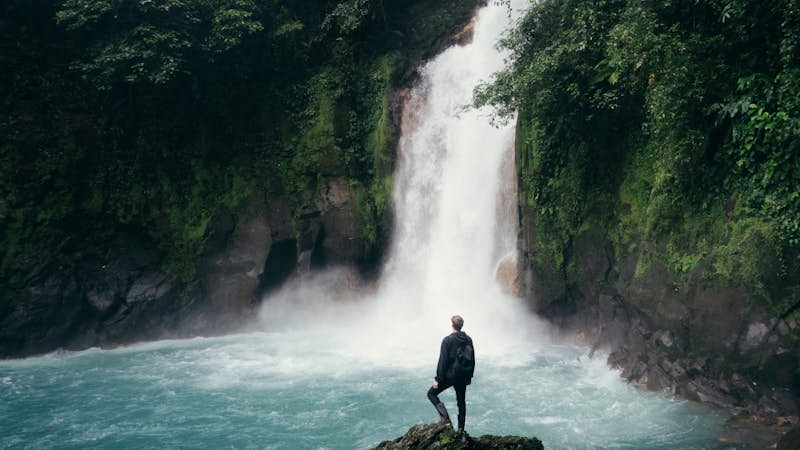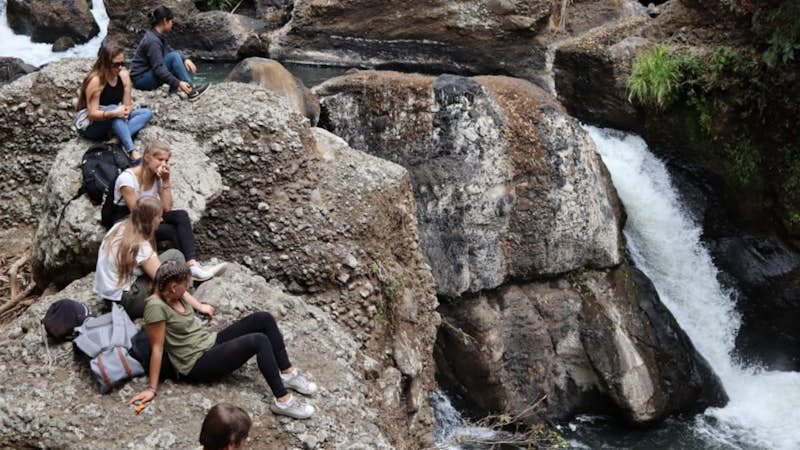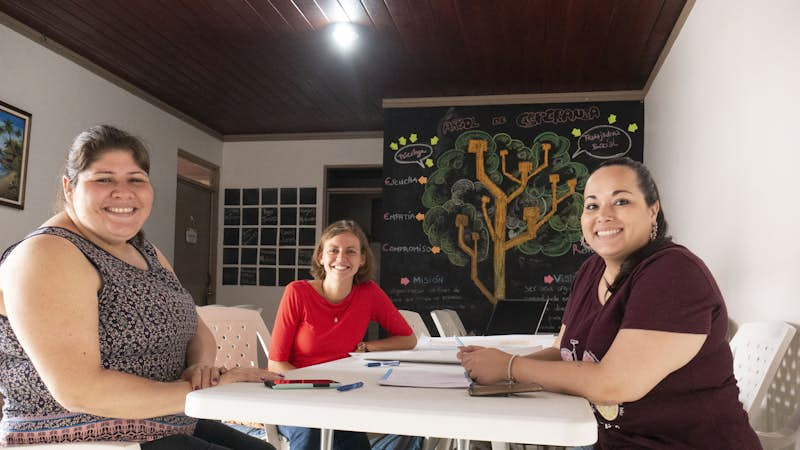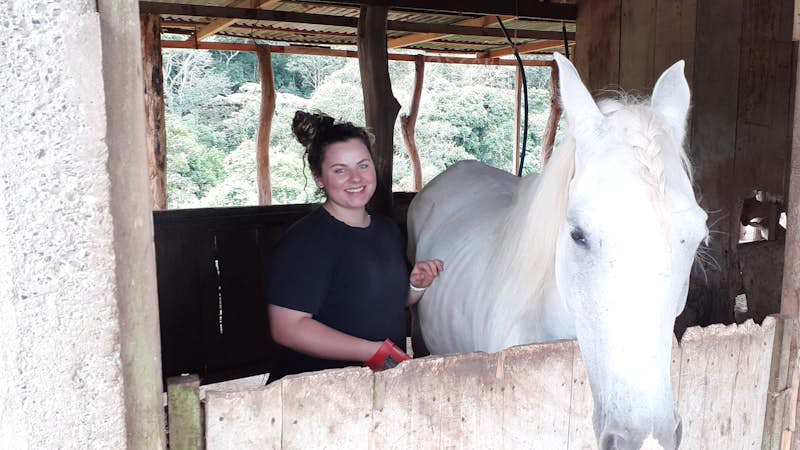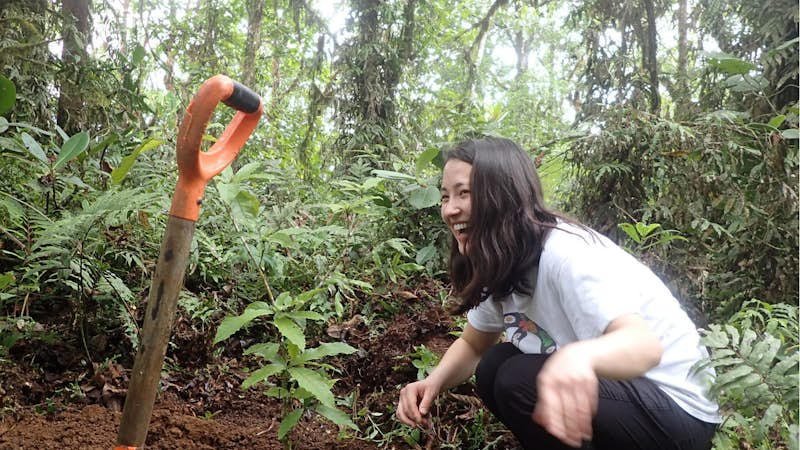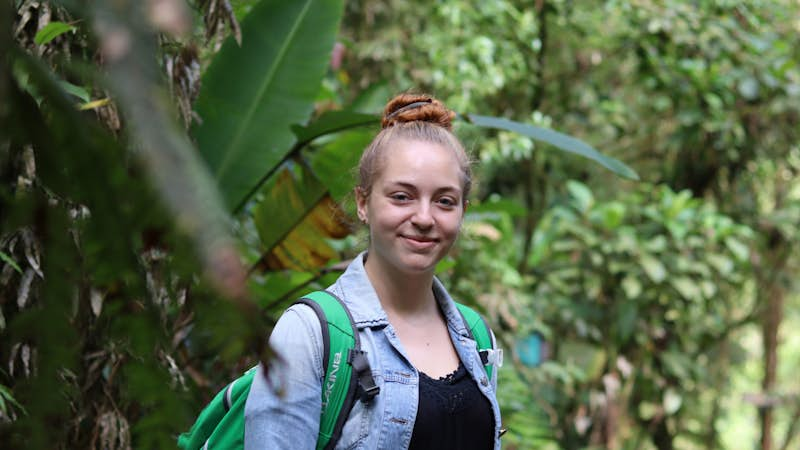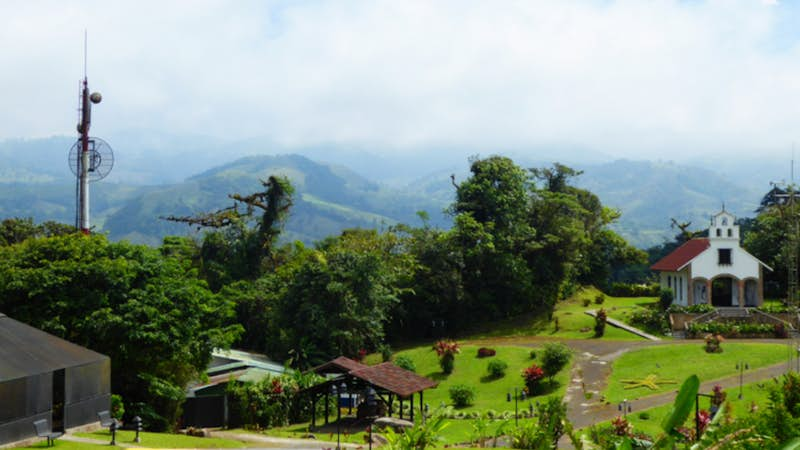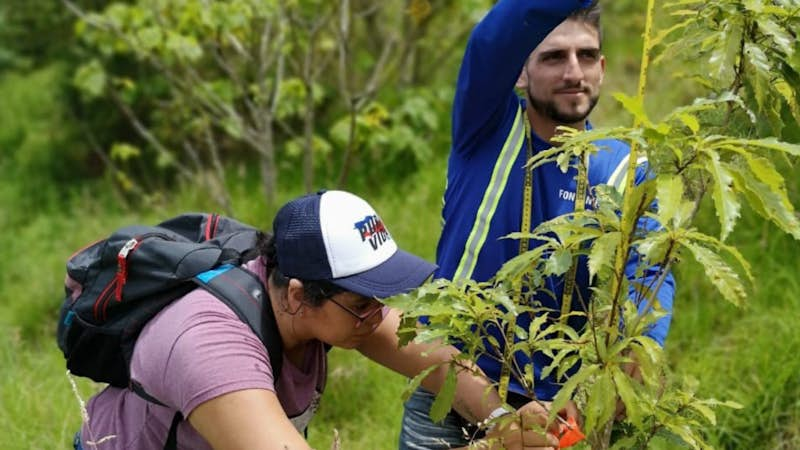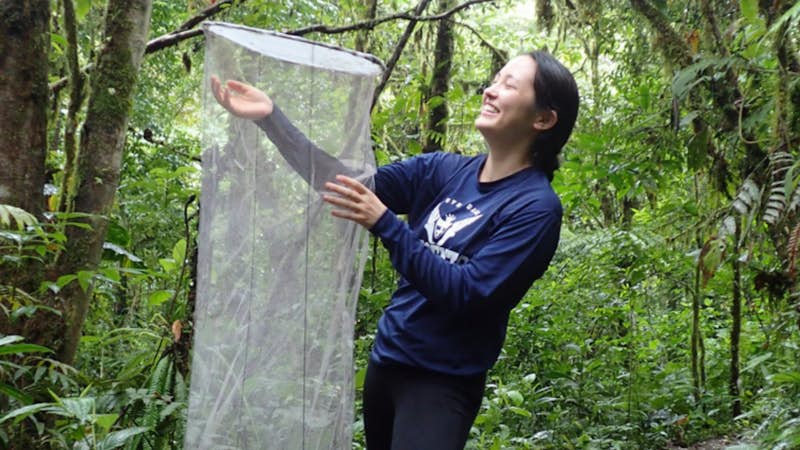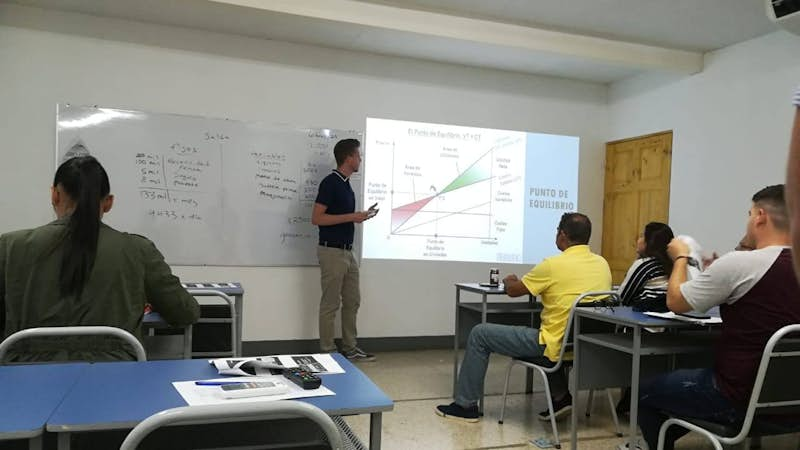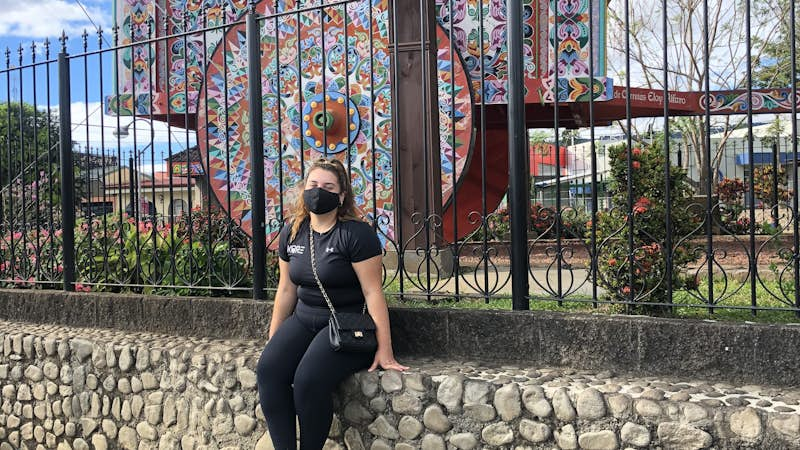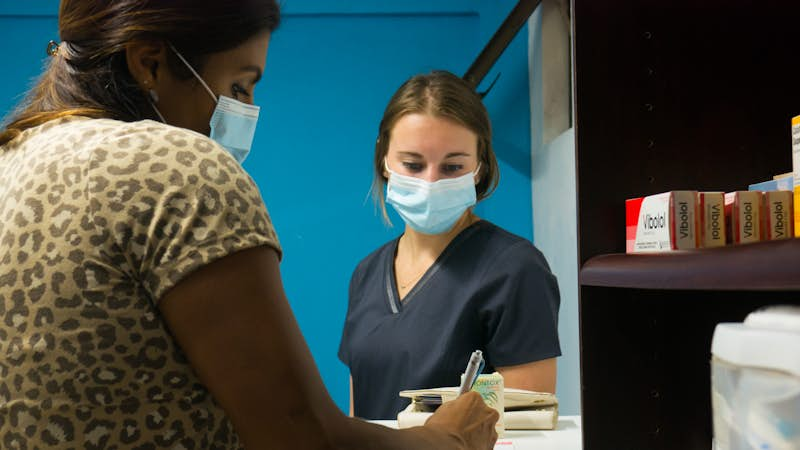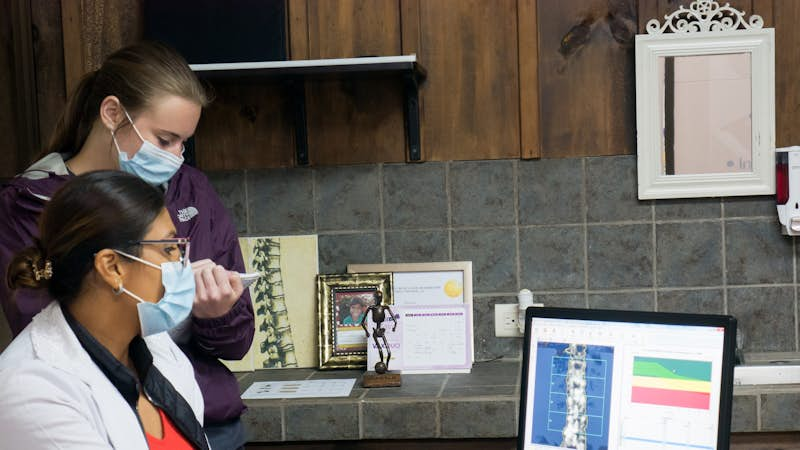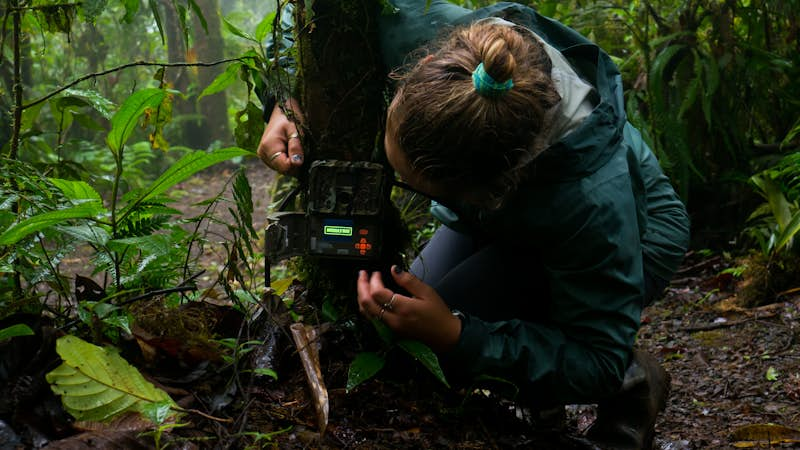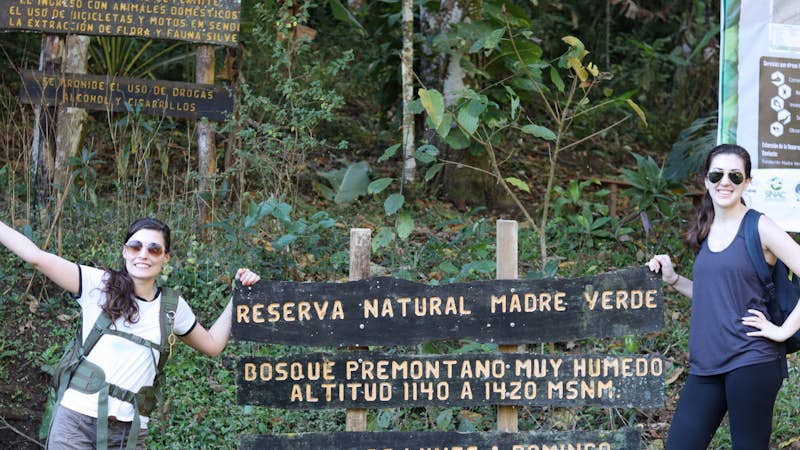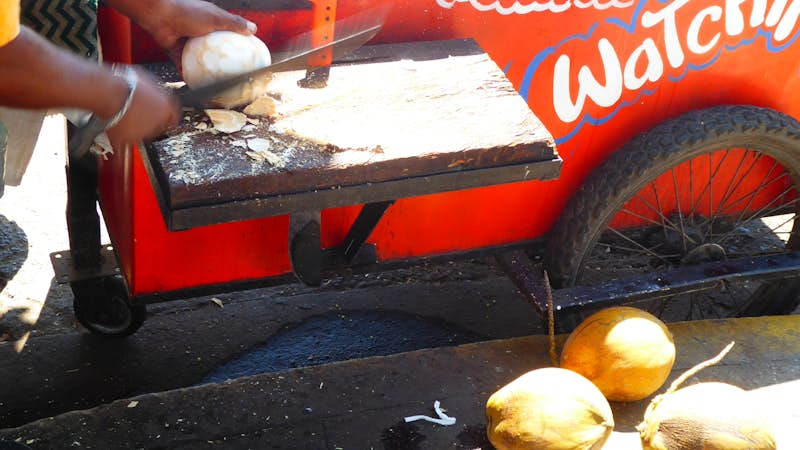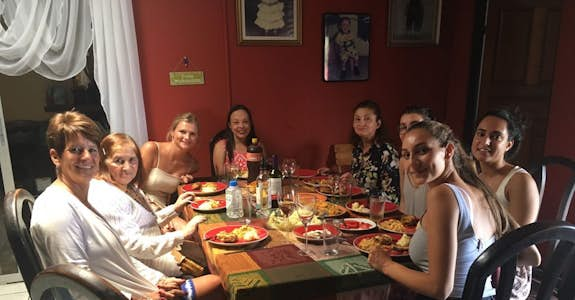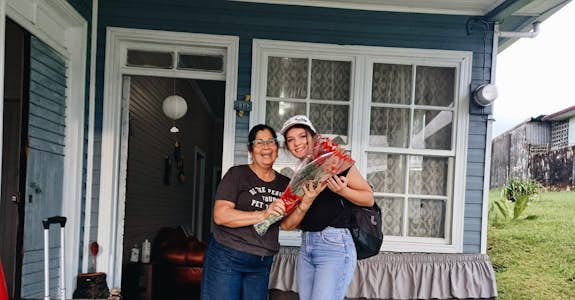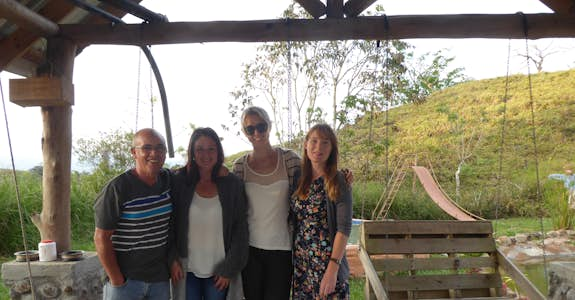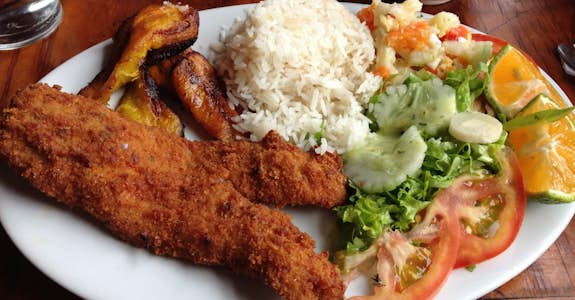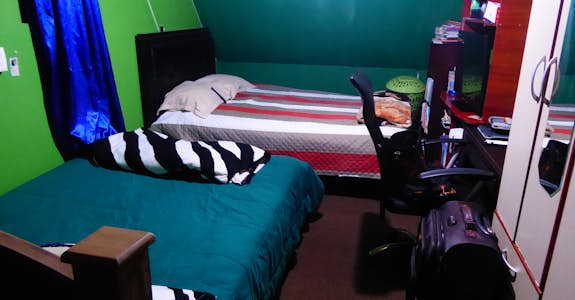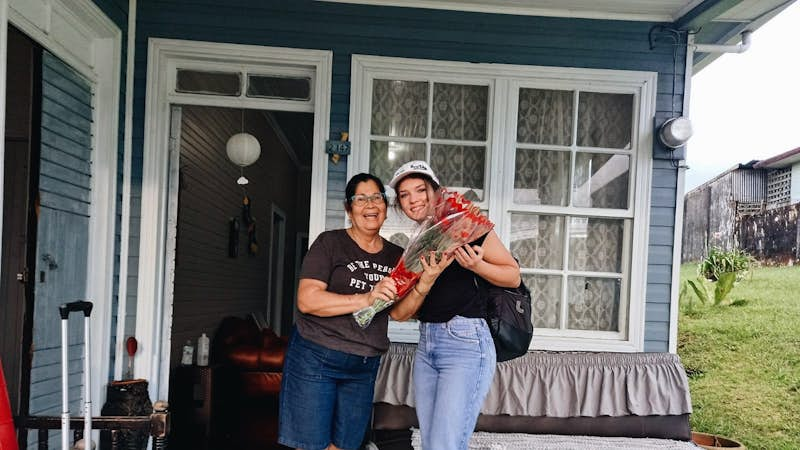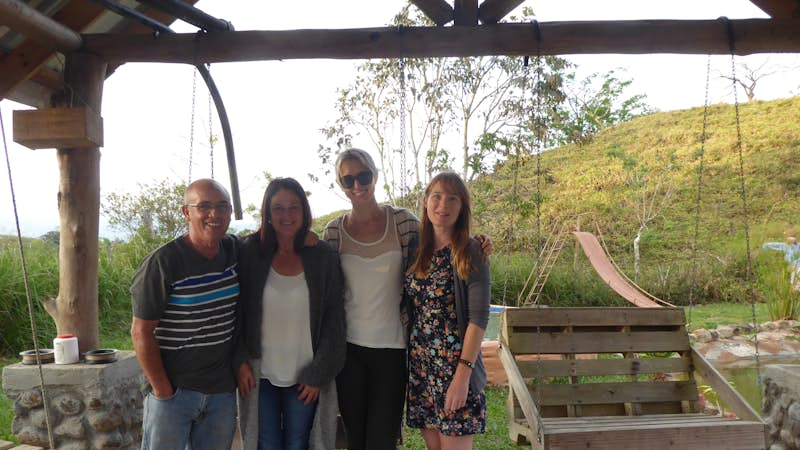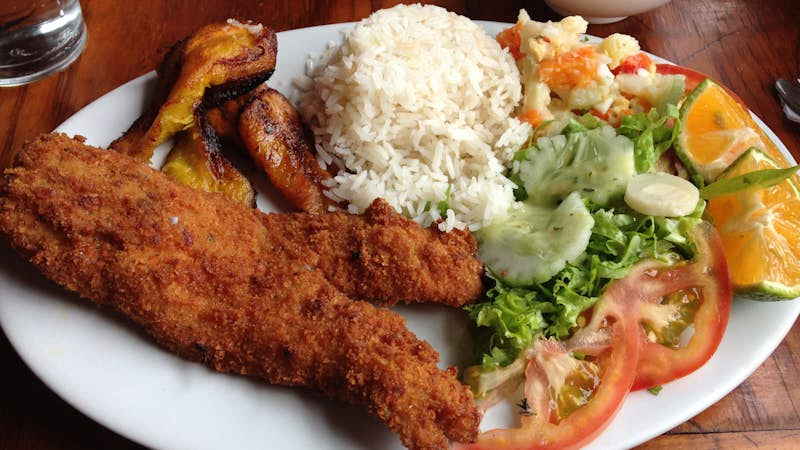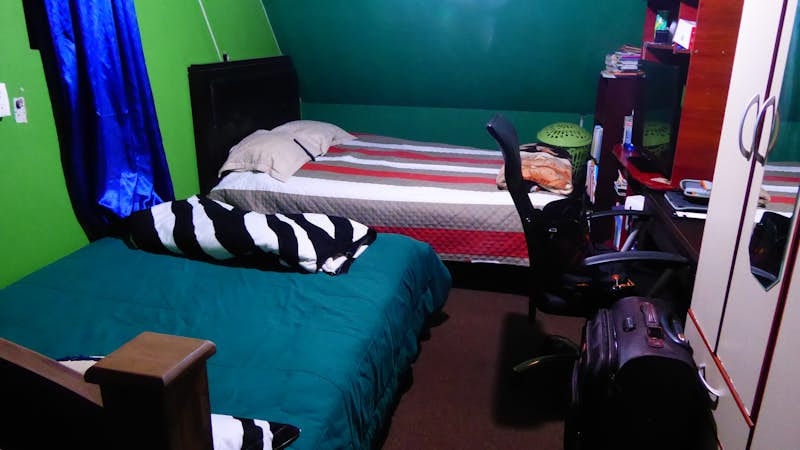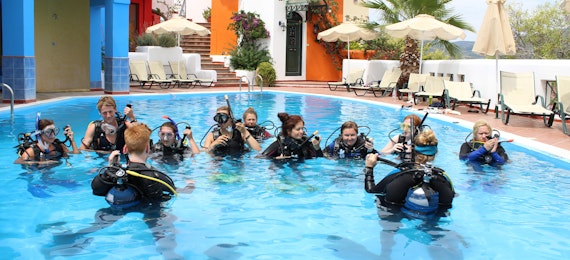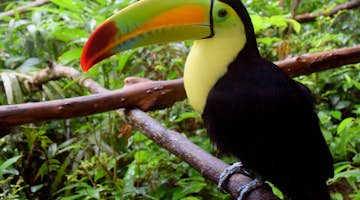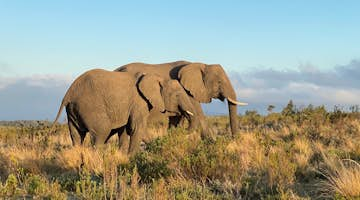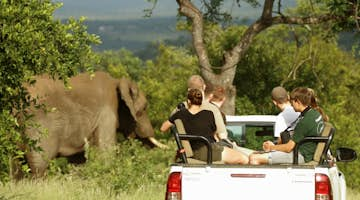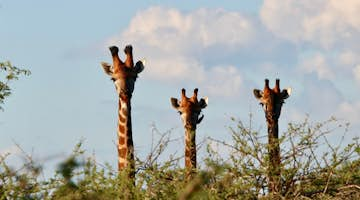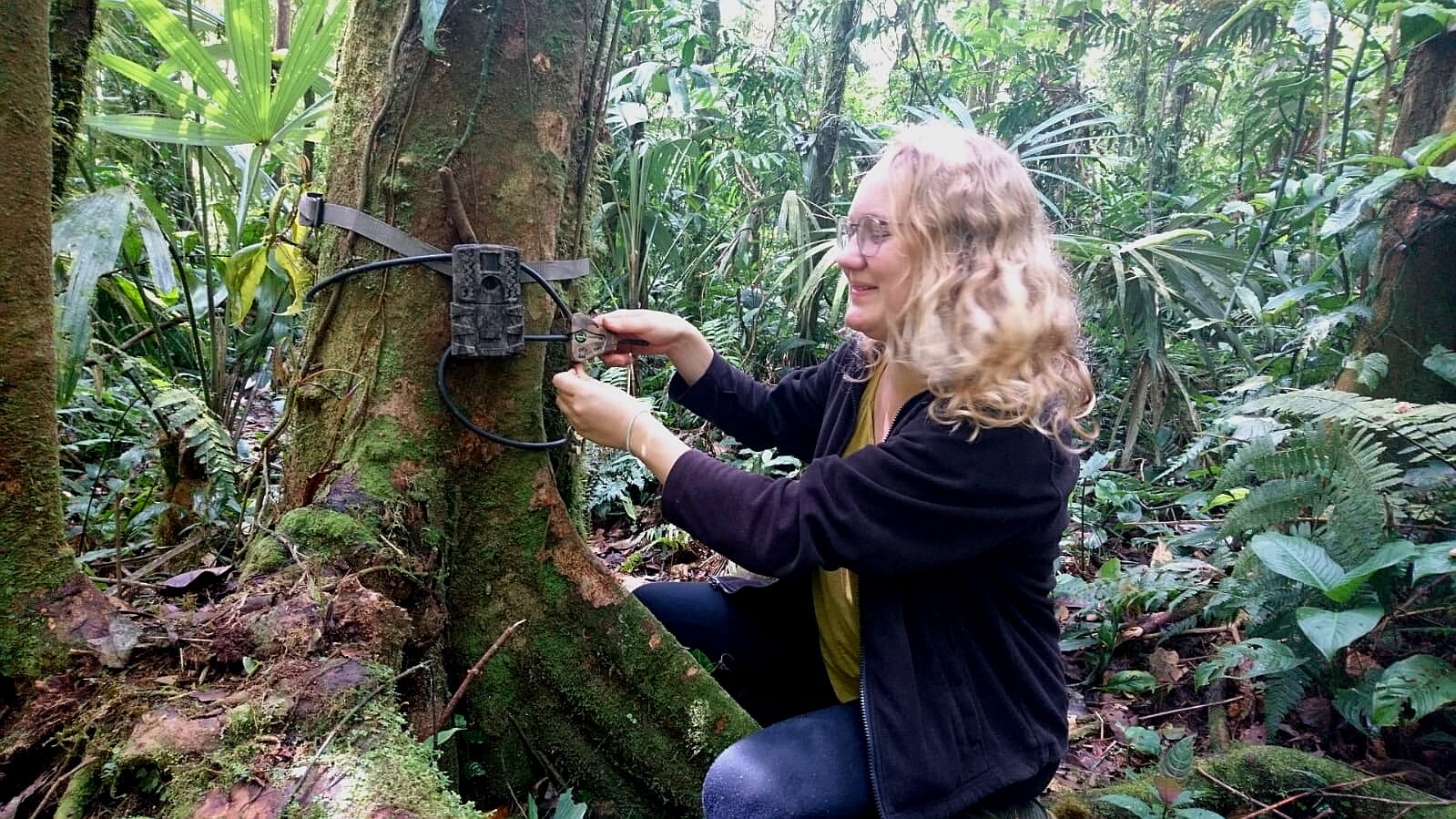
Environmental Conservation Internships: Intern abroad in San Ramon, Costa Rica
Gain hands-on experience helping with environmental sustainability in Costa Rica, assisting conservationists in reserves, forests and greenhouses. Help to grow and maintain plants and organic gardens, research plant health and wildlife, and make a genuine contribution to conservation in Costa Rica’s stunning ecosystem.
What to expect from your Environmental Conservation internship:
- Gain hands-on conservation experience through gardening and tending to specific plants
- Experience Costa Rica’s biodiversity and renowned cloud forests
- Contribute to environmental sustainability in Costa Rica
Your internship abroad host organization:
- Private reserves
- Sustainable eco-tourism reserves
Internship details
Gain hands-on experience helping with environmental sustainability in Costa Rica, assisting conservationists in reserves, forests and greenhouses. Help to grow and maintain plants and organic gardens, research plant health and wildlife and make a genuine contribution to conservation in Costa Rica’s stunning ecosystem.
This is an in-country internship, with accommodation and meals provided. Click here to view remote Environmental & Marine Sciences internships, which you can undertake from home.
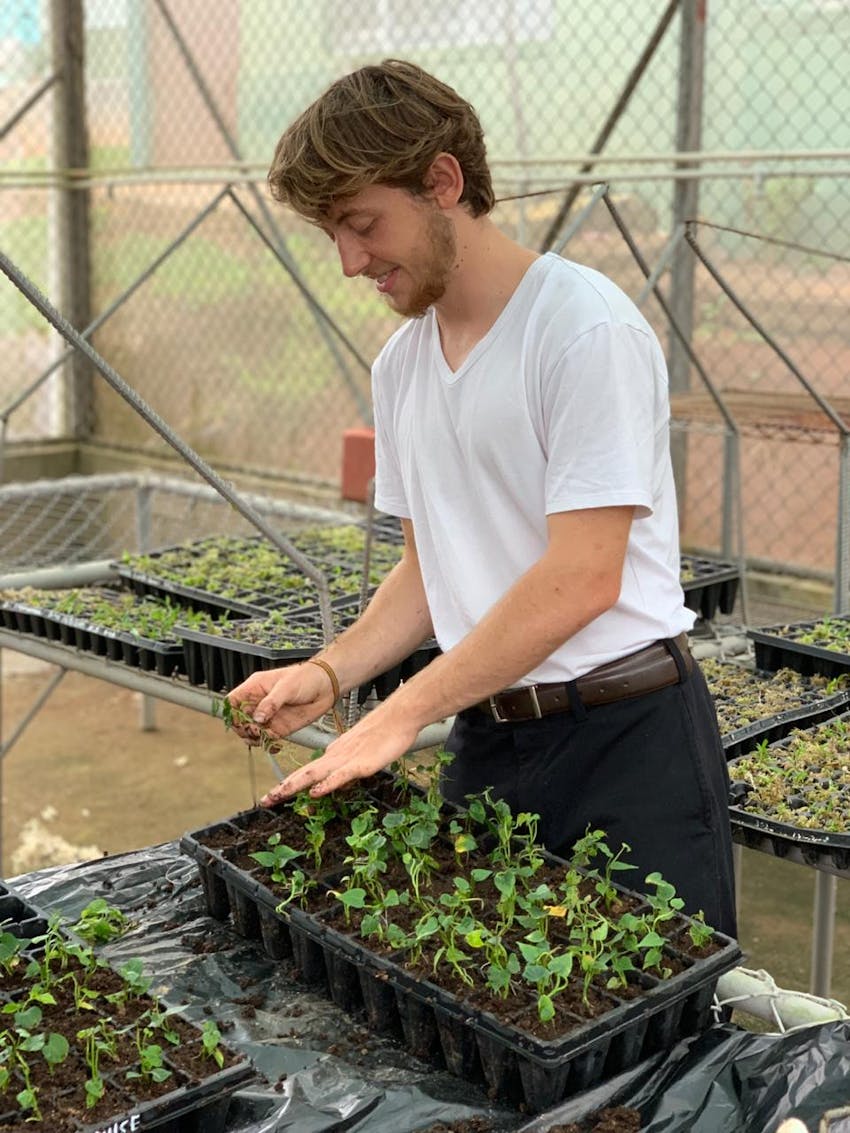
Environmental Conservation Internships in Costa Rica are typically based at natural reserves that are involved in environmental research or sustainable eco-tourism. These reserves have a large focus on preserving the fragile ecosystem in protected areas, parks and foundations - 25% of Costa Rica is environmentally protected land, and this includes its stunning cloud forests, where interns can be based.
Interns should come prepared to assist a small team that works towards monitoring and maintaining plant life in reserves and greenhouses. You’ll be guided by local representatives who are passionate about the environment and conservation, assisting with seasonal tasks. Examples of such tasks can include:
- Working in greenhouse nurseries, helping to grow new plants and propagate others
- Helping to organize and run environmental informational workshops for the public
- Maintenance of public and private gardens
- Tending to medicinal plants
- Install research cameras to analyze activity of wildlife such as deer, dantas, tapirs, snakes, and wild cats
- Assisting in tracking various bird species and insects
- Caring for butterfly farms
- Organic gardening
- Helping to maintain trails
Note that the tasks listed are examples of typical activities. The specific role that your internship will entail will be influenced by season and climate, in addition to the project priorities at the time of your involvement. Come prepared to be flexible and adaptable to conditions and site priorities. It’s important to be aware that conditions can be hot and physically demanding. Interns should be fit, have a genuine interest in environmental sustainability, and enjoy working outside!
Environmental Conservation internships in Costa Rica are suitable for participants looking for an introductory experience. Placements do not typically include research components but are rather focused on the day-to-day management, upkeep and operation of sustainable eco-tourism reserves. Long-term participants have increased opportunity to further develop their understanding and proactively initiate independent research. However, the placements themselves are not inclined to be intensively focused on data collection and research. If you have specific course credit requirements for an Environmental Conservation internship experience or would like the opportunity to be involved with research and data collection, please speak to the Intern Abroad HQ team for guidance and recommendations.
In all cases, interns should expect that the first week of your experience will focus on settling in and gaining some introductory knowledge, as you will not “hit the ground running”. Rather, you should start with learning about the placement to gain an understanding of what you can build upon, develop, learn, and contribute. Ensure that you ask questions and provide feedback during the introductory period, so that your supervisor understands how you’re progressing. This will help them to better understand important details, such as how quickly you learn, what you find challenging, what you find interesting, etc.
Understand and expect that individual internship experiences vary, as the specific placement that you’re assigned will depend on review of your resume and your current level of studies and experience. Therefore, if you’re at a more introductory level, you should reasonably expect a more introductory internship. Likewise, if you’re interning for a shorter duration, you will have a different experience from someone who is interning for a longer duration. Placement preferences are considered but always subject to availability.
What are the career benefits of interning abroad as a Environmental Conservation Intern?
Environmental Conservation interns learn from a qualified and experienced supervisor, and can be involved in:
-
Working in greenhouses
-
Environmental workshops for the public
-
Organic gardening
-
Tending to medicinal plants
-
Install research cameras to analyze wildlife activity
-
Wildlife tracking
-
Caring for butterfly farms
-
Trail maintenance
Professional development opportunities:
-
Cataloguing plant, insect and wildlife species
-
Learn about forest and greenhouse management
-
Experience sustainable tourism practices
-
Gain work experience in greenhouses and natural forests
-
Gain practical skills and boost your employability, with guidance from Intern Abroad HQ’s Experiential Learning Curriculum to support your learning and cultural intelligence.
Are you eligible for this internship?
Submit a free application so we can confirm your eligibility and check availability for your preferred dates.
Not sure which program to join?
Costa Rica photo gallery

Academic credit available for all internships
Get course credit from your college or university while completing your internship abroad or a remote internship program. It's a great way to meet your academic requirements and gain valuable experience at the same time.
Learn about course creditProgram fees
Applying for our Environmental Conservation Internship is completely free! The support package covers the assistance we provide in finding your internship and arranging your living accommodations in your host country, ensuring you thrive during your program.
Please note that a deposit of US$499 is required to confirm your place. The remaining balance (minus your initial US$499 deposit) is due at least 60 days before your internship start date.
Duration |
Program Fee (USD) |
|---|---|
| 4 weeks | $2,281 Equivalent to $81 /day |
| 5 weeks | $2,405 Equivalent to $68 /day |
| 6 weeks | $2,555 Equivalent to $60 /day |
| 8 weeks | $2,805 Equivalent to $50 /day |
| 10 weeks | $3,058 Equivalent to $43 /day |
| 12 weeks | $3,257 Equivalent to $38 /day |
| 16 weeks | $3,763 Equivalent to $33 /day |
| 20 weeks | $4,160 Equivalent to $29 /day |
| 24 weeks | $4,557 Equivalent to $27 /day |
- Airport pick-up
- Daily breakfast and dinner
- Accommodation
- 24/7 in-country support
- Program orientation
- Dedicated support before, during, and after your internship
- In-country guidance for social and tourist activities
- Sourcing and securing your internship placement
- Personalization of your internship plan
- Coaching from your supervisor
- Documented portfolio of your experiential learnings
- Academic credit facilitation
- International reference letter
- Certificate of Internship Completion
- Lunches
- All in-country transportation
- Transfer back to the airport at the end of your internship program
- Visa (if required), flights, travel insurance (mandatory), vaccinations, criminal background check
- Personal spending money for snacks, drinks, public transport, laundry, and leisure activities during your free time.
Spanish lessons
Internships in Costa Rica require interns to have varying levels of Spanish language proficiency, from either a confident level of basic Spanish to a more developed grasp of intermediate language skills. The definition of having basic Spanish skills (Level A2) includes the ability to exchange brief information with questions and answers, use and understand simple language in daily situations and cultural aspects.
Keep in mind that despite you level of proficiency, a language barrier can still be encountered to a certain extent. Interns should be prepared for the very natural and normal frustration of not always understanding what is being said around them. Most interns are able to have a successful internship experience and it is essential to come prepared and willing to surmount a language barrier, as opposed to being intimidated by it.
We strongly recommend that all interns take advantage of the affordable language lessons offered exclusively to Intern Abroad HQ participants by our host organization in Costa Rica. These can be arranged directly with the local team once registered for the program (ask about online Skype lessons) or at the orientation in-country. Language lessons are tailored to each individual’s current level of Spanish and classes run from Monday through to Friday.
Weekends and travel
Interns have the weekends and evenings free and there is no shortage of wonderful things to see and do. (Occasionally, weekend activities may arise, depending on wildlife rescue priorities, but this will be optional and subject to availability).
Some of the most popular excursions and activities include Tortuga Island, Poás Volcano National Park, Doka Coffee Tour and La Paz Waterfall Garden, San Luis Canopy Tour, and much more!
Please consider that attendance at your internship placement is mandatory - you should only travel and book tourism excursions on your days off (which will in most cases be during the weekends). Please plan longer trips and travels for the time before or after your internship period. If you need any travel advice, please feel free to contact us.
To learn about what’s going on during your internship stay, ask at your program orientation. If you’re planning to travel outside of your internship placement location, you should always inform staff and your host family. We recommend that you do not travel alone - always make plans to travel with a friend. Travel during the weekends and holidays so you do not interfere with your internship schedule.
Arrival and Orientation
Internships in San Ramon, Costa Rica, begin every Monday. Exceptions may be made to this when start dates are shifted to avoid public holiday disruptions or closed when the program has already reached capacity. The minimum duration requirement is 2 weeks up to a maximum duration of 24 weeks.
Airport pick up and accommodation are included in the Program Fee. The accommodation is covered from the Sunday night before the Monday start date - interns are required to arrive no later than the Sunday before their Monday start date, as all orientations are held on Mondays. If arriving earlier than this date, interns will be required to cover the cost of an “out of hours” airport pick up.
The typical port of entry is the Juan Santamaría International Airport (SJO). If you are planning to spend time independently in Costa Rica prior to your internship and will not require an airport pick up, we can discuss alternative arrival logistics with you.
Upon arrival, interns will be met, greeted, and transferred to the accommodation. The last night of the accommodation is the Saturday night of the final week, leaving interns free to depart on Sunday. Extra nights of accommodation can be arranged in advance, if requested, and are subject to availability.
Orientation covers important details for your internship, including introductions, information about culture, customs, rules, expectations, safety, language lessons, cultural excursions, and more. Your specific internship placement orientation will follow the general orientation, as you’ll be shown how to travel to and from your internship and be introduced to the team you’ll be joining.
Please note that all participants are advised not to book flights until they have first registered to confirm their internship placement.
Check what's required to visit Costa Rica
Check out the widget below to learn about the visa requirements for the Environmental Conservation internship in Costa Rica, based on your country of residence.
Accommodation and WiFi
All interns in San Ramon, Costa Rica are accommodated in various homestay accommodations. Interns are matched to an appropriate host family, taking into consideration convenient proximity to their internship placement. Homestay accommodations provide international interns with an extra layer of support, while also providing a valuable opportunity for cultural immersion.
Typical host families in Costa Rica usually consist of two parents and children or a single parent with children (the ages of a host family’s children can range from young and still living at home, to adults living independently). There are usually one or two guest bedrooms available in most home-stays and everyone has their own private single-sex bedroom (unless special requests are made in advance to share with a friend or partner).
Given that homestay accommodations themselves may be mixed-gender, guests must be prepared to share common living spaces with others, such as shared kitchen, living, dining, and bathroom areas. Requests for any exceptional accommodation arrangements (subject to availability) must be communicated in advance of the internship start date.
Living is comfortable and home-stays offer electricity, running water and western bathrooms. However, showers can be low pressure and unheated/tepid. WiFi is provided in most of the home-stays but it is important to note that it is not guaranteed.
Please note that the accommodation pictured in the photo gallery of this webpage is provided as an example. Since we work with more than one option for homestay accommodation, the exact accommodation that you’re assigned may differ from the photos. However, you can expect a similar standard and similar amenities, to what is shown.
Meals
Internships in San Ramon, Costa Rica, include two meals per day, served at the home stay. A typical Costa Rican breakfast is provided and may consist of bread, spreads, fruit and eggs accompanied with tea or coffee. Dinner commonly consists of meat (often chicken), soups, pastas, starches and vegetables.
Please be sure to let us know of any specific dietary requirements that you have in advance, so that we may ensure your hosts are aware and make recommendations accordingly. In all cases, any additional snacks, treats, takeaways, meal supplementation or other dietary preferences must be independently purchased.
The local cost of food and dining in can vary, depending on where you choose to shop and dine. A weekly budget of US$100 is recommended for extra meals and treats. Bear in mind that your weekly budget will be determined by your own personal spending habits and lifestyle choices, so please take this into consideration and plan accordingly.
Essential country information
| Capital | San Jose |
| Population | 5.094 million |
| Languages | Spanish |
| Currency | Costa Rican Colón (CRC) |
| Time zone | UTC−06:00 |
Weather and climate:
Costa Rica is unequivocally a tropical country, situated between 8° and 11° north latitude, fairly close to the equator. Although you get much cooler temperatures in the mountains above 2000 meters, the average annual temperature for most of the country lies between 21.7°C (71°F) and 27°C (81°F). The coolest months are from November through to January, and the warmest months are from March through to May. San Jose stands at approximately 1170 meters altitude and has a mean annual temperature of 20.6°C (69°F).
What recent Environmental Conservation interns said about their experience
The thing I enjoyed most during the internship was the feeling of being immersed in a different culture and learning new things about something I very much enjoy. The internship has contributed towards my personal development by allowing me to interact with different people and understand more of a culture that I wouldn´t have understood as much by simply travelling there for a holiday. I was able to develop my social skills and intrapersonal skills. It also contributed to my professional development by teaching me how organizations are built on teamwork, how meaningful projects come together over time, and how there are a lot of people who share my passion for the conservation of our natural environments.
My questions were answered and I was able to get a clear path to success in my internship. My host family was very welcoming and comforting; they took really good care of us and I hope to be able to visit them once again in the future. The locals that I talked to and other interns from other countries made the experience very enjoyable.
I really enjoyed working in a family-owned small business. I feel like everything I did was important and crucial for them to prosper and live in this small business. It was a lovely experience, and I got to meet some of the elders of the family. They all have a passionate love for what they do and repeatedly thanked me for my help though my work.
As for my professional development, this internship was miles away from my comfort zone, therefore I perceive it has widened my mind regarding performing tasks that I would try to avoid in my daily life. It was a positive experience, even if at the beginning it was not my preferred experience
One thing I enjoyed the most about my internship was the wide variety of backgrounds that others I was working with came from. It was cool to all come together over common projects with different mindsets to collaborate with. This internship contributed toward my personal and professional development by putting me in an environment where I could work on and improve my cultural awareness and language communication skills.
To read all reviews, visit our reviews page.
